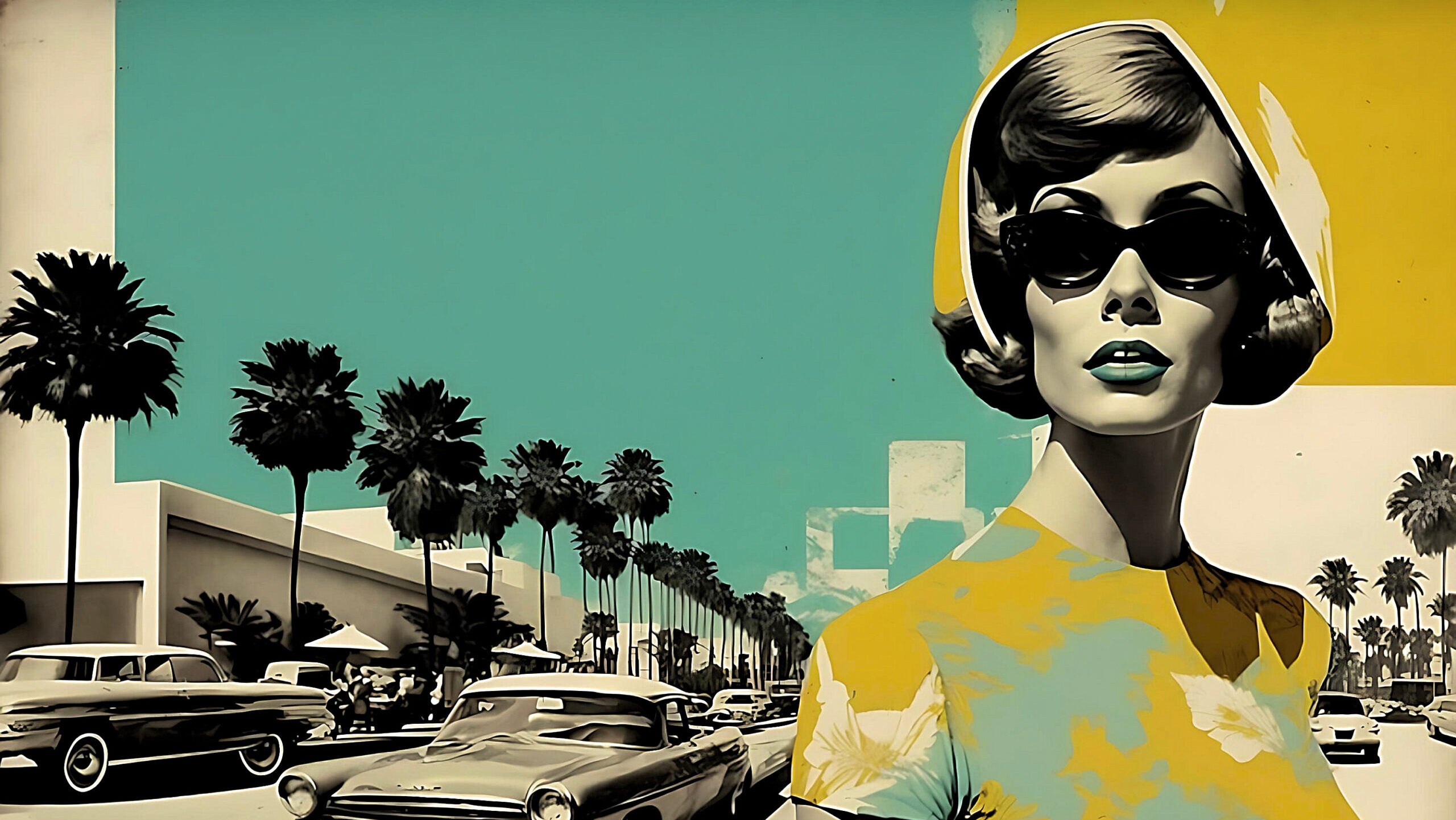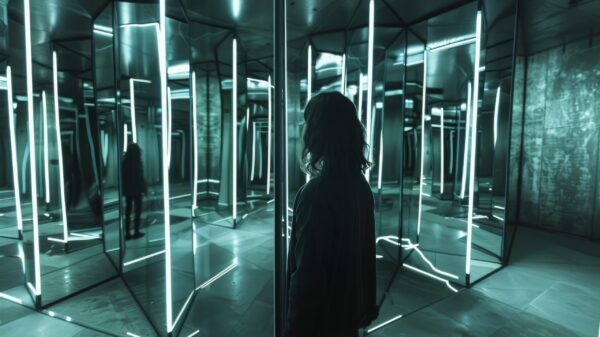|
Getting your Trinity Audio player ready...
|
As the 2024 election looms, it seems we’re not just divided by politics but by competing visions of what it even means to be American. A fresh survey from PRRI, which explores the complex intersections of religion, culture, and politics, pulls back the curtain on our deeply fractured cultural landscape.
This isn’t just a split between left and right — it’s a tug-of-war between those pining for an idyllic past and those striving for a more inclusive future. The numbers tell the story: 68 percent of Republicans believe American culture has deteriorated since the 1950s, compared to just 31 percent of Democrats and 48 percent of independents.
But let’s take a beat — what was life really like during this so-called “golden age”? For women and people of color, it certainly wasn’t all apple pie and picket fences. White, middle-class women were boxed into stifling gender roles, their value measured by how well they could run a household. Dreams of a career or furthering education? They were barely a whisper. Sure, World War II pushed some women into the workforce, but most were funneled into low-paying, traditionally “female” jobs — teaching, secretarial work, and the like. And those who dared to color outside the lines were often left isolated and judged.
The legal system didn’t do them any favors either. Women needed their husband’s permission for even the simplest of financial decisions — opening a bank account or applying for credit. Workplace discrimination was rampant and, yes, completely legal. Sexual harassment? It was considered a personal issue, not a societal problem. Domestic violence? Swept under the rug as “family business.”
So, when we hear people wax nostalgic about the “good old days,” it’s worth asking: Good for whom, exactly?
For Black Americans, the reality was even more disturbing. The 1950s marked the height of Jim Crow laws in the South, a brutal regime of racial segregation that kept Black citizens from voting, learning in decent schools, or even using the same water fountains. The so-called American Dream? It was off-limits, reserved for white families while Black Americans were shunted into low-wage jobs, denied access to quality housing and education. So, when some gaze longingly at the 1950s as a time of “unity,” they’re conveniently glossing over the fact that unity was enforced by exclusion and brutality.
Fast-forward to 2024, and many Republicans still cling to the 1950s as a model of economic stability, strong family values, and moral clarity. To them, that era represents a simpler time, when America’s foundation was built on white, Christian, middle-class norms. The social upheavals of the last 50 years — everything from the Civil Rights Movement to LGBTQ+ rights — are seen as unraveling that supposedly cohesive society.
But let’s be real: That “moral clarity” was actually a rigid social order propped up by exclusion. Women were expected to play silent roles as caretakers, and Black Americans were subjected to outright violence and disenfranchisement. Anyone who didn’t fit within the narrow confines of race, gender, or sexuality was marginalized, often with brutal consequences.
The “good old days”? They were only good for a select few.
This survey from PRRI exposes the stark conflict in today’s politics: the battle between nostalgia and progress. For some, the past feels like a cozy, familiar blanket, offering safety and certainty. But nostalgia becomes a dangerous tool when it erases the struggles of those left out of the story. Worse, it turns into a roadblock to the kind of progress we desperately need. Instead of pining for a past that wasn’t truly golden, we should be focused on building a future where everyone can thrive.
Every time we indulge in that nostalgia, we risk blinding ourselves to the inequalities that defined those times. The progress we’ve made — however slow and painful — has been hard-won and deserves our protection. Yes, we face real challenges today: economic inequality, racial injustice, and a political climate more divided than ever. But these problems won’t be solved by turning back the clock to a time when only a privileged few held the keys to the kingdom.
As Fannie Lou Hamer so powerfully said, “Nobody’s free until everybody’s free.” The 1950s may have felt secure to some, but they weren’t free. Moving backward might win some nostalgic voters, but it won’t build the future we need. That future will be shaped by our willingness to embrace change, growth, and inclusion. Only by moving forward can we create a nation that lives up to its promises — for everyone, not just the few.






















































